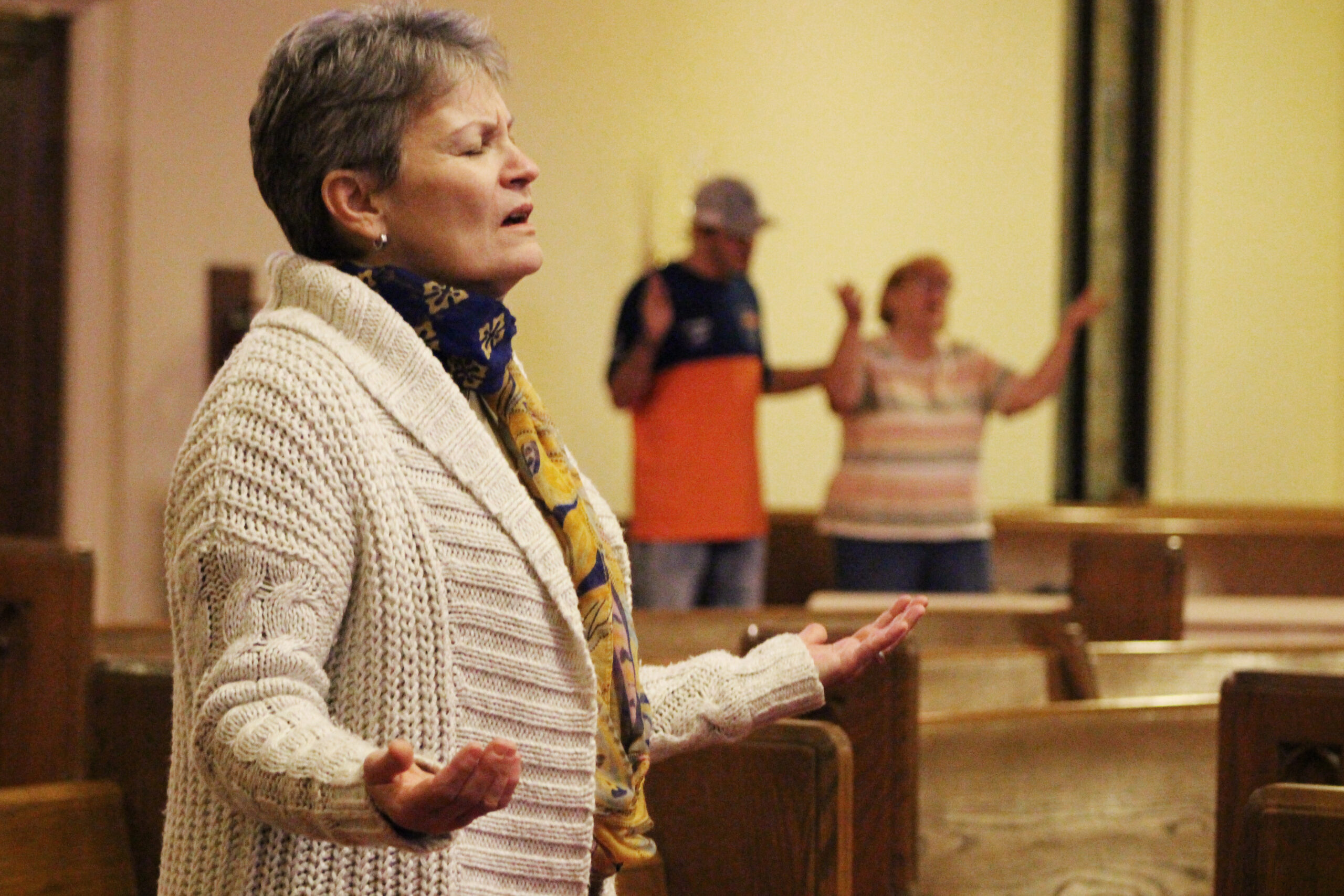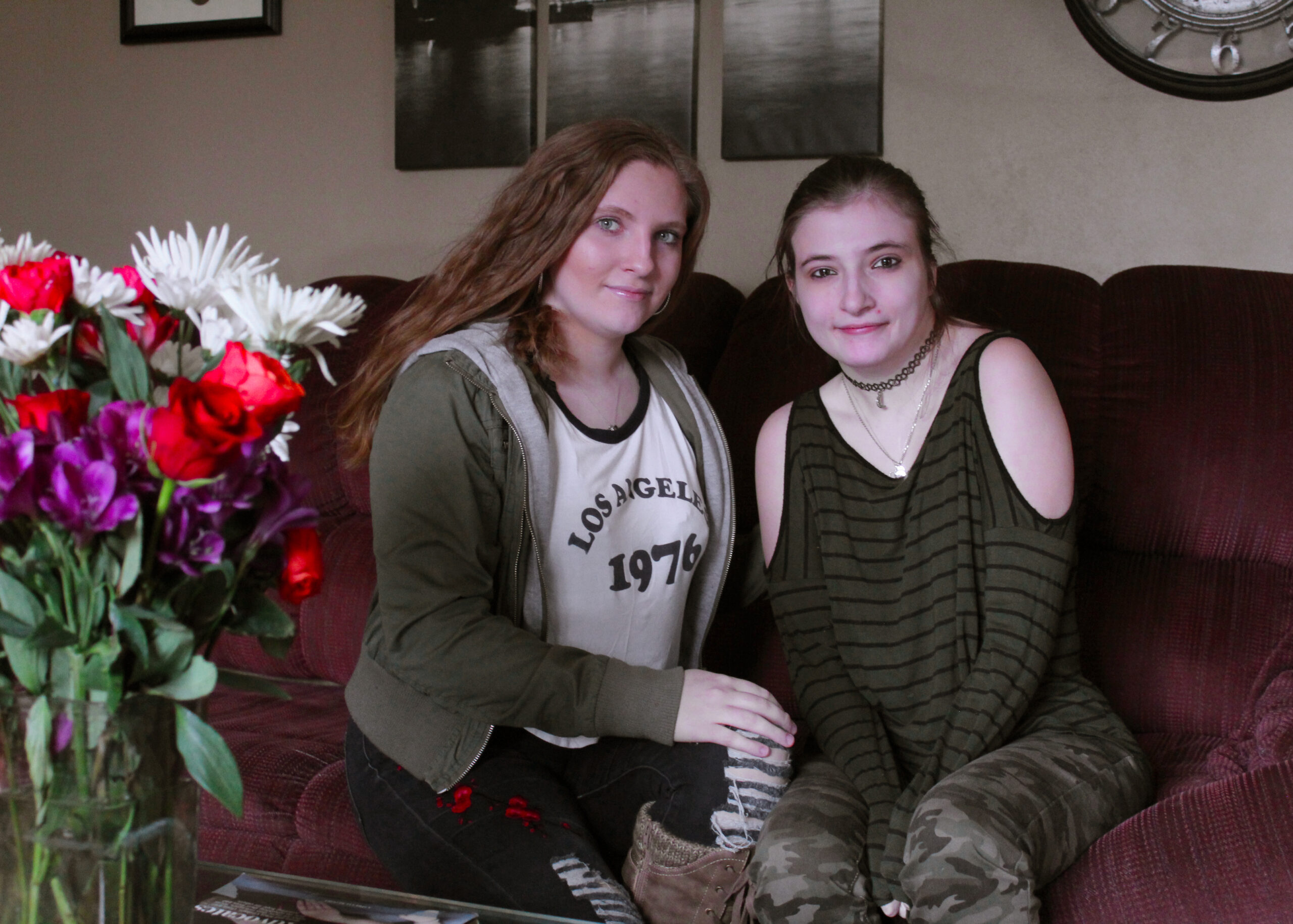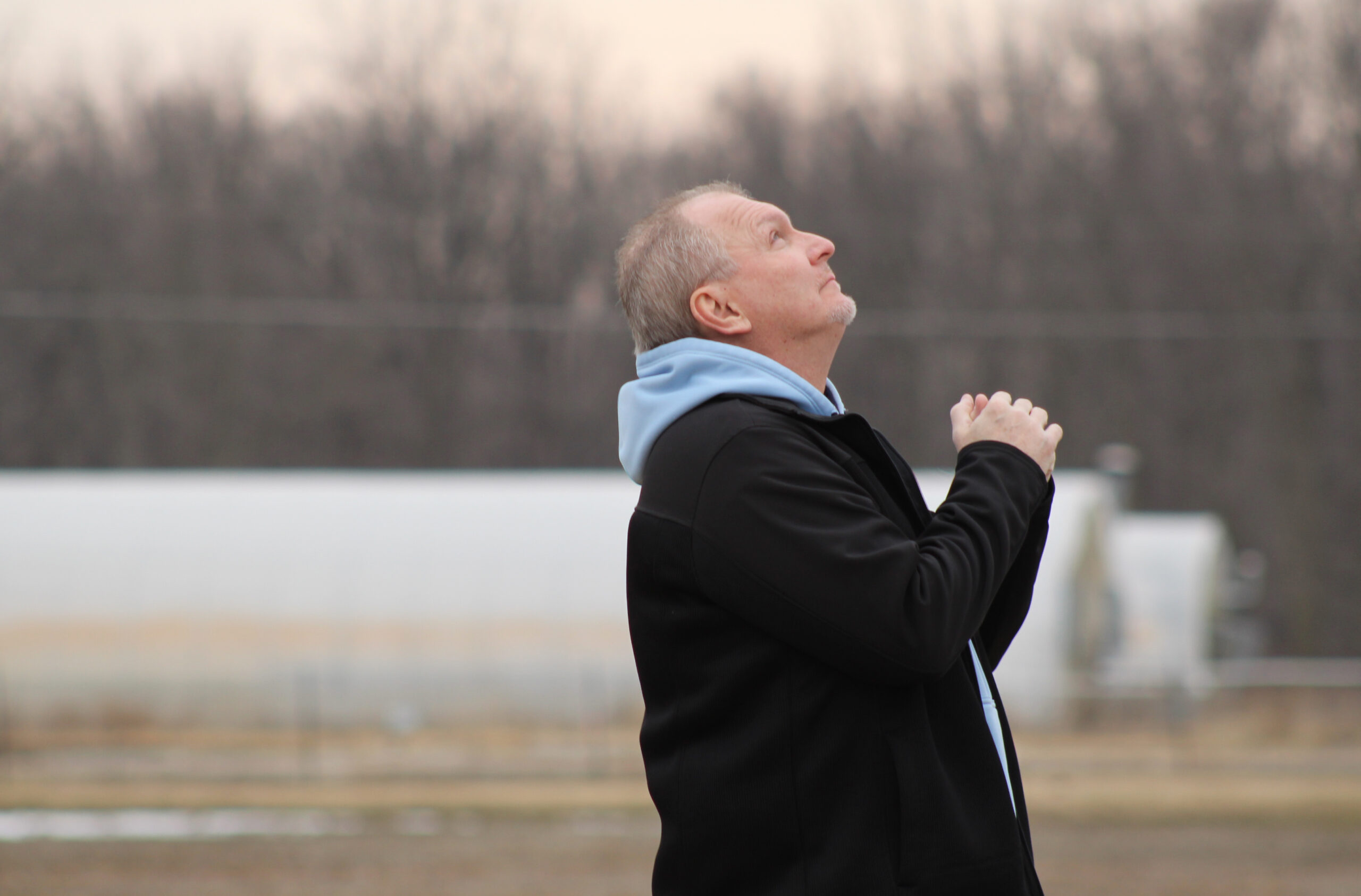The Biggest Leap

Life After Rehab
April 24, 2019
Doctors Exercise Caution in Pain Management Treatments
April 24, 2019Loren Dent
After walking into the hospital for two kidney surgeries in 2009, Emily Bowman could not have predicted the addiction journey she would soon face.
“I was prescribed two different opioids, Vicodin and Percocet, at the same time,” Bowman said. “I was on those for three weeks to a month straight. I didn’t know anything about them at the time. I didn’t know you could get addicted.”
Indiana providers wrote nearly six million opioid prescriptions in 2015, according to the National Institute on Drug Abuse. In 2016, there were 794 opioid-related overdose deaths in Indiana, only slightly below the national average. In October 2018, the School of Public Health at Indiana University Purdue University Indianapolis published The Changing Landscape of the Opioid Epidemic in Marion County and Evidence for Action. According to the report, opioid prescriptions filled by Indiana pharmacies have actually decreased. There also is a statewide focus on increasing access to treatment of addiction. Yet, deadly new challenges, like fentanyl-laced drugs on the street, have arisen.
“The problem is the tracking of it,” said Karen Moore, certified addiction therapist and owner of Elevated Minds, an Indianapolis social service agency. “As physicians and therapists, we have no control over our patients and who they may go to next. If there was a universal tracking system where all doctors in the country could access what medication you have been prescribed, that would be helpful.”
Opioid drug abuse has been an issue around the state, and Bowman is one of the many that have been affected.
Bowman said by the time she ran out of her prescriptions, she began to feel deathly ill. She realized she was experiencing withdrawal.
“I had no idea,” she said. “I was never told. Nobody ever explained anything to me. Even when I thought I was sick and called the doctor’s office, they acted like they had no idea. It completely threw us off.”
Bowman began taking pain pills off and on. She would only use them on weekends, but she would binge. She wanted more but it became expensive. A few years past before she was introduced to heroine in 2014, and everything began to spiral downward after that.
“I went downhill really fast.” Bowman said. “My mom caught me in the first month and she had me go to a treatment facility. I got clean after that, but deep down inside, I didn’t want to be clean.”
Within four months after treatment, Bowman relapsed and started using meth.
On Sept. 24, 2015, Bowman overdosed on heroin at her mother’s house. At the time, she was on probation for possession of methamphetamine.
“I think it was the hardest thing I’ve ever done as a parent,” said Jennifer Tackett, Bowman’s mother.. “I felt helpless, yet at the same time I’m a social worker so I’m used to being able to solve these kinds of problems. I said a lot of the right things and wrong things, but we learned along the way.”
In June 2017, Bowman was released from jail but was required to complete a drug rehabilitation program. With a new mindset and desire to persevere, she graduated early.
The first step is the biggest leap one can make, Moore said. Actually sitting in front of a counselor or professional in one’s most vulnerable state, without the fear of being judged, is monumental.
Tackett said that during Bowman’s recovery process, she and her family continuously offered support. They did not give her money unless it pertained to her recovery process. They also provided rides to treatment and meetings and kept her on the insurance as long as they could.
“She’s older now, and that makes a difference,” Tackett said. “She stays connected to her recovery community. She’s not complacent, because she knows what could happen. We stay ready because it’s a chronic and relapsing disease.”
Now, almost two years clean, Bowman still is on probation but actively works to stay clean and motivates others at the beginning stages of their recovery.
“I wake up in the morning with a new mindset,” Bowman said. “I’m always smiling now. If I had to give one piece of advice to someone going through a similar situation, I would tell them it’s worth it even though it’s hard. There is greener grass on the other side.”


